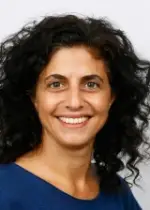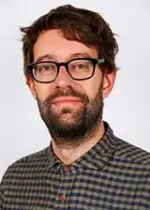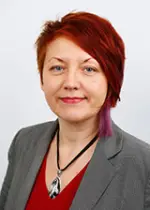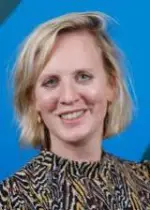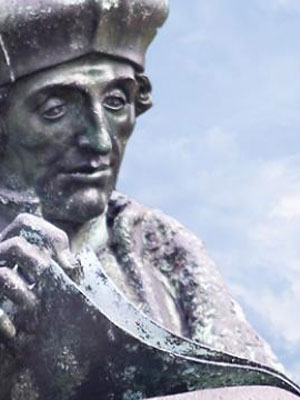Researchers in this cluster investigate how cultural boundaries between different social groups are produced, reinforced, but also undone in the domains of the arts & culture field, businesses and the workplace, sports, media, but also in geographical spaces like Europe, the nation state or the city. We examine how differences in gender, race, ethnicity, religion, disability, social class, nationality or sexual preference lead to talents, skills, tendencies, likes and dislikes, opportunities and rights in these social domains and spaces. In sum, we focus on how discourses of difference create, guard but also challenge cultural boundaries and how, in turn, these enable and include some people, while disabling and excluding others. In this cluster researchers are concerned with important questions such as:
- (Why) Do we think black athletes are naturally athletic?
- (Why) Are people more racist online than they are offline?
- (How) Does the colour of your skin influence your taste in music?
- (When) Can gentrification be inclusive?
- (How) Can everyone have equal rights and opportunities in the smart city?
- (When) Do women have the same opportunities as men in pursuing a career in arts and culture?
- (How) Can quotas push for more equality and diversity in the workplace?
- (How) Can people use media technologies to feel at home, even when far removed from it?
- (How) Do everyday symbols in the city inform our understanding of national culture?
- (How) Can media challenge widespread assumptions about poverty?
- (How) Do public media represent different publics in populist times?
- (Why) Is there a difference between diversity on and off the football pitch?
Projects within this cluster
The research in this cluster is closely connected with current projects in the EUR-wide Vital Cities and Citizens research initiative.

